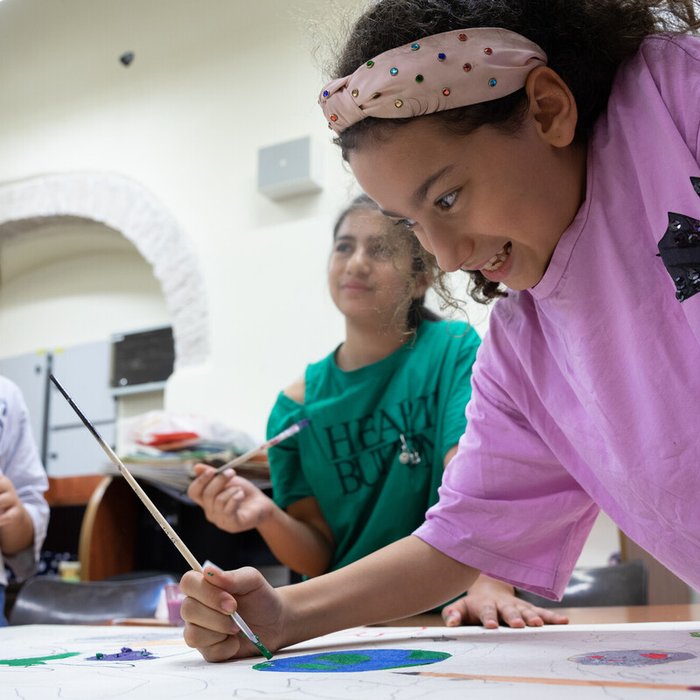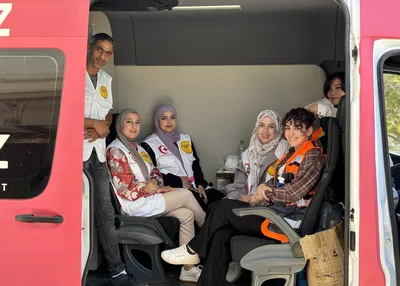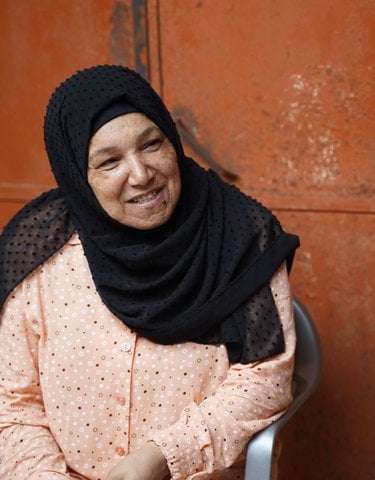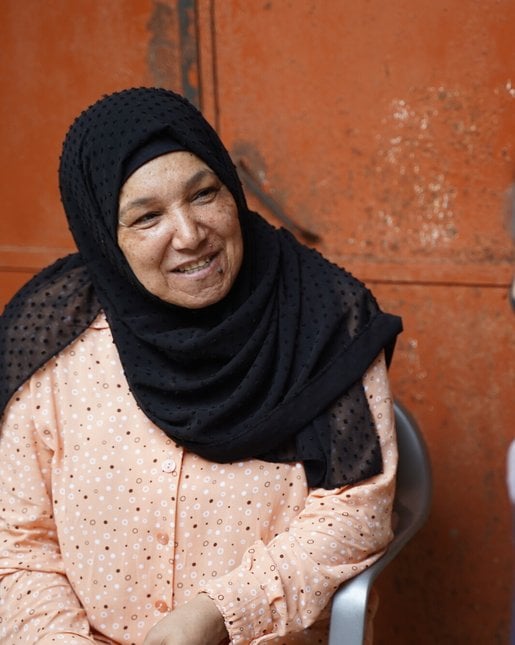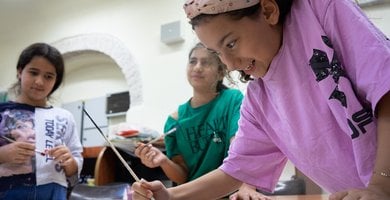
Decades of violence, forced displacement and extreme hardship have left deep psychological scars on Palestinians living under Israel’s military occupation and as refugees. Trauma, grief and uncertainty are part of daily life, with rising cases of Post Traumatic Stress Disorder (PTSD), anxiety and depression - especially since the escalation of Israel’s military violence in October 2023 and the ensuing genocide, which led to most Palestinians across Gaza being forced from their homes multiple times in search of safety.
In the Palestinian refugee camps in Lebanon, overcrowded living conditions, a lack of employment opportunities and limited access to specialist support are escalating the mental health crisis. In Gaza, Israel’s blockade, the destruction of the healthcare system, and stigma make getting support even harder.
In the West Bank, regular military raids, settler violence and movement restrictions have left Palestinians in a constant state of fear and insecurity.
Supporting Palestinians to heal and navigate trauma, together
- Community-first and community-based: we tackle mental health through a holistic, culturally sensitive approach that brings entire communities together.
- Providing targeted care for the most vulnerable: our expert teams deliver tailored counselling and psychiatric support to those who need it, including children, people with disabilities and people displaced from their homes.
- Local partnerships, lasting impact: we work with trusted local partners to build collective coping strategies, reduce stigma and address trauma at both the personal and societal level.
- Training for tomorrow: by equipping local professionals and strengthening community networks, we ensure mental health support remains accessible, even in the most difficult conditions.
- Building hope, dignity and resilience: through group sessions, family outreach, and tailored support, we are helping people rebuild resilience, restore dignity, and reclaim hope.
Our impact so far
people have accessed mental health care and emotional support
strengthening resilience and promoting well-being.
fully operational Family Wellness Clinics established in Gaza
providing integrated psychosocial support and mental health services.
we established the only in-patient psychiatry unit in Gaza
providing critical mental health care and support to those in urgent need.
